What Did You Read in June 2025?
In a previous post, I mapped out my summer reading plan. In a moment, we’ll see how I did. My June reading included a revisit to Mr. Dickens, an introduction to Joan Didion, two Southern writers who need further exploration, a work of theology, and a mystery I first encountered decades ago. I hope (1) you find something interesting from my reading list and (2) you’ll share what you've read.
From the photo FICTION:
Barnaby Rudge (1841) Charles Dickens
My journey through the novels of Charles Dickens got a late start this year (I read four in 2024), possibly because I’d been dreading this one. No one seems to enjoy (or is even willing to discuss) Barnaby Rudge, yet I found it compelling. So far in my Dickens trek, I’ve come to expect each work to contain (1) something awful happening to children, (2) lecherous old men, and (3) a look at social consciousness that’s sometimes frightening and hilarious, often in the same sentence. That third element is certainly present in Barnaby Rudge, while the other two are only moderately explored. Barnaby Rudge, the first of Dickens’s two historical novels (besides A Tale of Two Cities), focuses on the anti-Catholic Gordon Riots of 1780, but there’s much more going on, including a murder mystery, father-and-son issues, and, of course, romance.
The Sound and the Fury (1929) William Faulkner, 2X
Although this is technically the second time I’ve read this novel, it might as well be the first. My initial read, over 30 years ago, was little more than watching the words go by with little or no understanding. This wasn’t my first recent experience with Faulkner, and shame on any teachers who thrust this enormously challenging novel on students as an introduction to his work. Okay, end of sermon. Told in four voices in four sections, with each one becoming slightly more approachable, The Sound and the Fury is staggeringly complex, yet its rewards are tremendous. Scholars and experts may disagree with my recommendations, but if you haven’t yet read Faulkner, start with the novel As I Lay Dying or some of his short stories such as “A Rose for Emily,” “The Bear,” “Barn Burning,” and “That Evening Sun.” (I could not have enjoyed this book without also consulting Reading Faulkner: The Sound and the Fury, listed in the Nonfiction section.)
The Mysterious Affair at Styles (1920) Agatha Christie, 2X
Another novel from the 1920s, another revisit. I’m tempted to read all of Agatha Christie’s Hercule Poirot novels and stories in publication order, although I can’t guarantee I’ll go through with it. The Mysterious Affair at Styles is the detective’s first novel, and even early on, Christie diverts the reader (usually successfully) with red herrings, misinformation, and other techniques before landing at the truth of the case. Poirot is still somewhat in development as a character, but this is an enjoyable read.
Nightshade (2025) Michael Connelly
Nightshade is the first in a new series from Connelly, most famous for his Harry Bosch detective novels, which inspired the Amazon Prime series Bosch (2014-2021). If you have to be a cop, what could be better than working on Catalina Island off the coast of Los Angeles? But LAPD Detective Stilwell might disagree. Due to events from his past, he’s been exiled to this duty station where his normally routine work is interrupted by the discovery of a body that drifted up from the bottom of the harbor, a woman who can only be identified by the purple streak in her hair. Connelly knows how to keep the pages turning and also how to write compelling characters, and while many of his protagonists don’t exactly go by the book, Stilwell’s departure from procedures didn’t always sit well with me. I can overlook some of that early in what could be a long-running series, but I doubt I’ll return to Stilwell’s adventures.
From the photo NONFICTION:
Reading Faulkner: The Sound and the Fury: Glossary and Commentary (1996) Stephen M. Ross, Noel Polk
The University Press of Mississippi has so far produced six books in its Reading Faulkner series. If they’re all similar to Reading Faulkner: The Sound and the Fury, I’ll consult each one as I explore Faulkner’s work. The authors offer a helpful glossary of terms, Southern idioms, places, and more, providing essential information for navigating Faulkner’s frequent shifts in time and voice. I cannot imagine a first reading of the novel without this helpful guide.
The Courting of Marcus Dupree (1983) Willie Morris
If Willie Morris were alive and in reasonably good health, I would travel to Jackson, Mississippi, ring his doorbell, and shake his hand, after which he would probably offer me a drink, which I would gladly accept.
If you followed college or pro football in 1981, you knew who Marcus Dupree was. You couldn’t escape the drama and hype as nearly every college and university football program in the country heavily recruited Dupree. Why? During his very first touch of the football as a freshman at Philadelphia High School in Philadelphia, Mississippi, Dupree returned a kickoff for a 75-yard touchdown. As a sophomore, he ran for 1,850 yards and 28 touchdowns. During his junior year, he averaged 19 yards per carry. As a senior, Dupree rushed for 2,550 yards and scored 36 touchdowns (breaking Hershel Walker’s record) with an incredibly weak offensive line. Now you know why everyone wanted him.
Yet Willie Morris has much more on his mind than writing about a gifted football player. He also touches on the corruption (even back then) of college football, racism, politics, family, the Neshoba County Fair (which must be experienced to be believed), and more. I have read few books this year that have touched me as much as this one.
Do Not Be True to Yourself: Countercultural Advice for the Rest of Your Life (2023) Kevin DeYoung
I recently gave copies of this short book to the graduating high school seniors at our church.
A Heart Aflame for God (2025) Matthew Bingham
Many Protestant Christians believe salvation comes from God, yet we are called to “Work out your own salvation with fear and trembling” (Philippians 2:12). How do we do that without making faith an exercise in works righteousness? Bingham relies heavily upon the Bible and Puritan tradition, making this book something of a “Puritans for Moderns” study. For Christians serious about their faith, this is a must-read.
The White Album (1979) Joan Didion
Before reading the next book below, I figured I should probably read something by that book’s subject. Written between 1968 and 1979, these essays cover a wide range of topics, including politics, California’s water issues, biker movies, Charles Manson, the Black Panthers, Ronald Reagan, LA traffic, and more, all seen through the lens of a gifted writer (and screenwriter) seeking to make sense of the world around her. Although looking at people and events from decades past, we can substitute our own current topics, asking the same questions and wondering, “What would Joan Didion think of _________?” I found myself amazed at how Didion was able to keep her distance, yet place these topics well inside her own life, reflecting them toward us.
We Tell Ourselves Stories: Joan Didion and the American Dream Machine (2025) Alissa Wilkinson
I am so thankful that Wilkinson, whose writing I’ve admired for some time, has gifted readers with a book that navigates us through Joan Didion’s life, thought, and writing on several subjects, the essence of which still (and probably always will) matter. We Tell Ourselves Stories also provides a strong examination of how Hollywood has shaped America in ways even hardcore movie fans (who must read this) may not be able to imagine. Tremendous.
So I read almost everything on my June list (sorry, Thomas Mann, maybe next time), plus a few books that weren’t. Hey, I can live with that. Let’s see how I do in July.
The comments are open, so please tell us what you recommend and what we should avoid.
Thanks for reading, and stay cool out there.



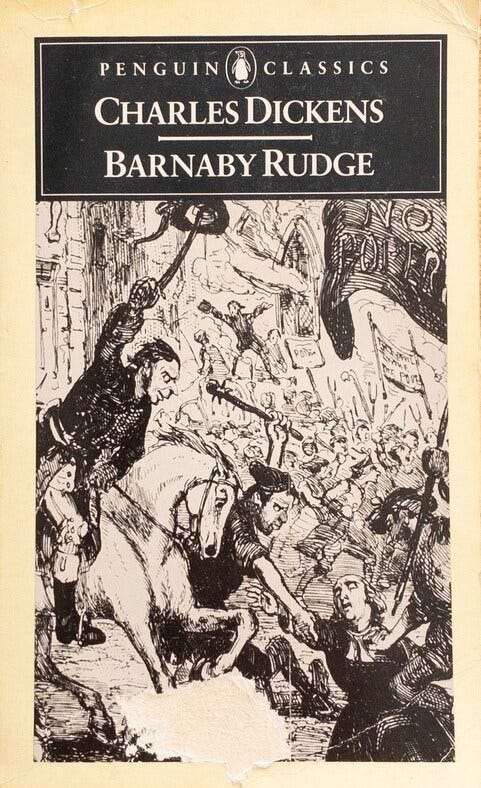
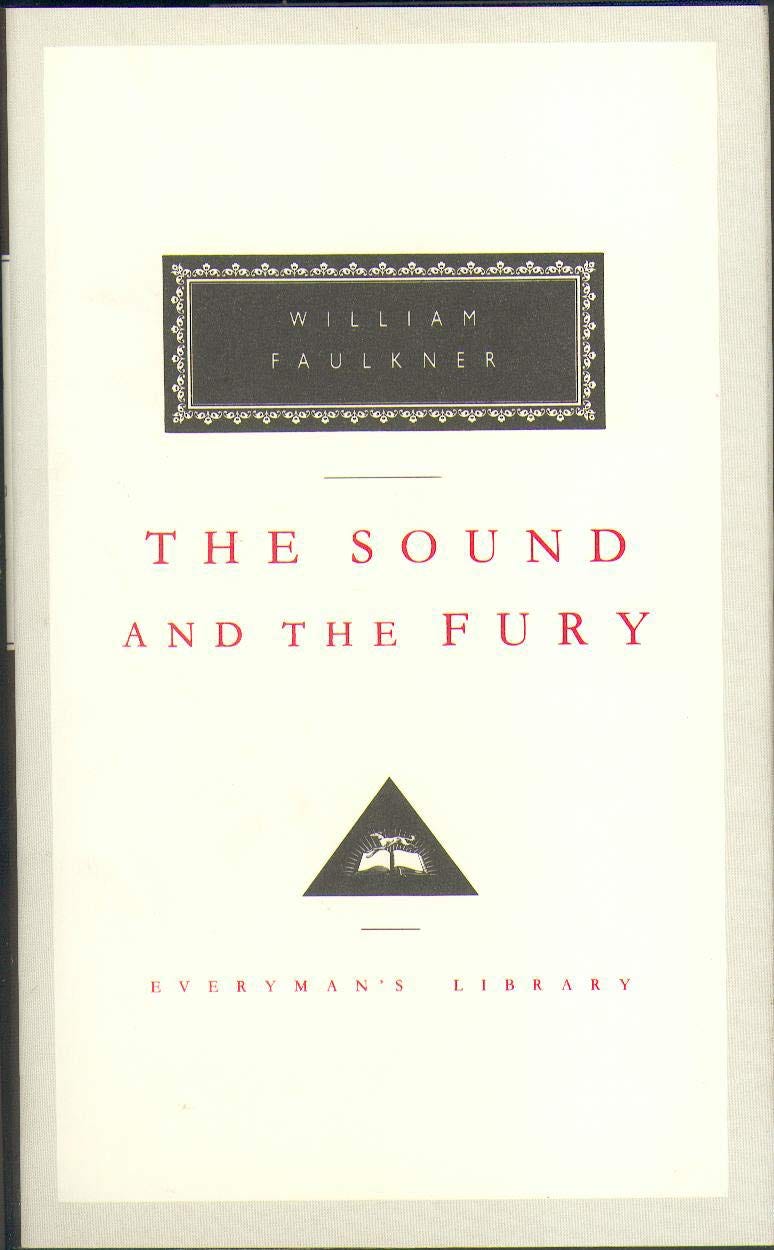
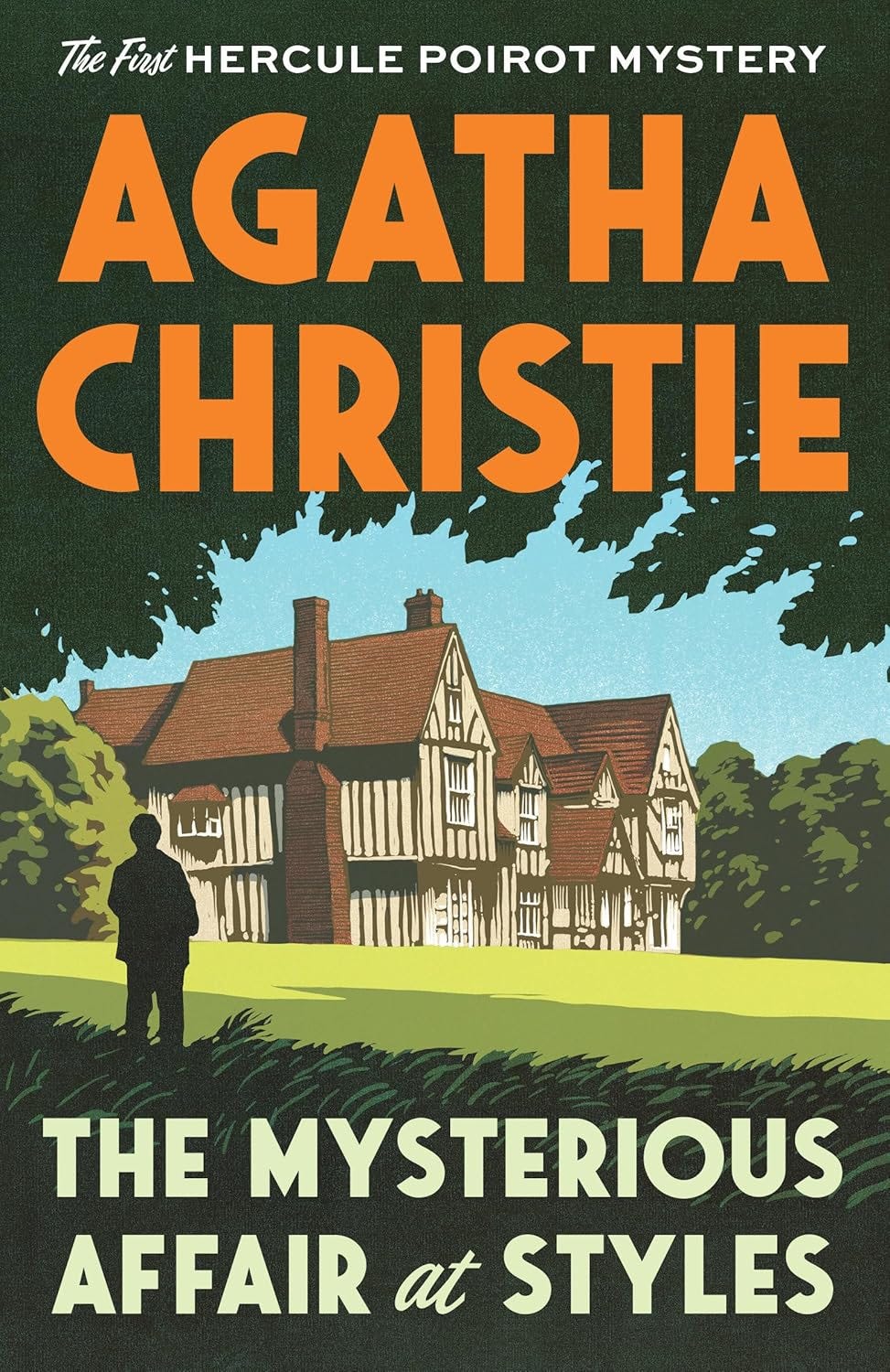
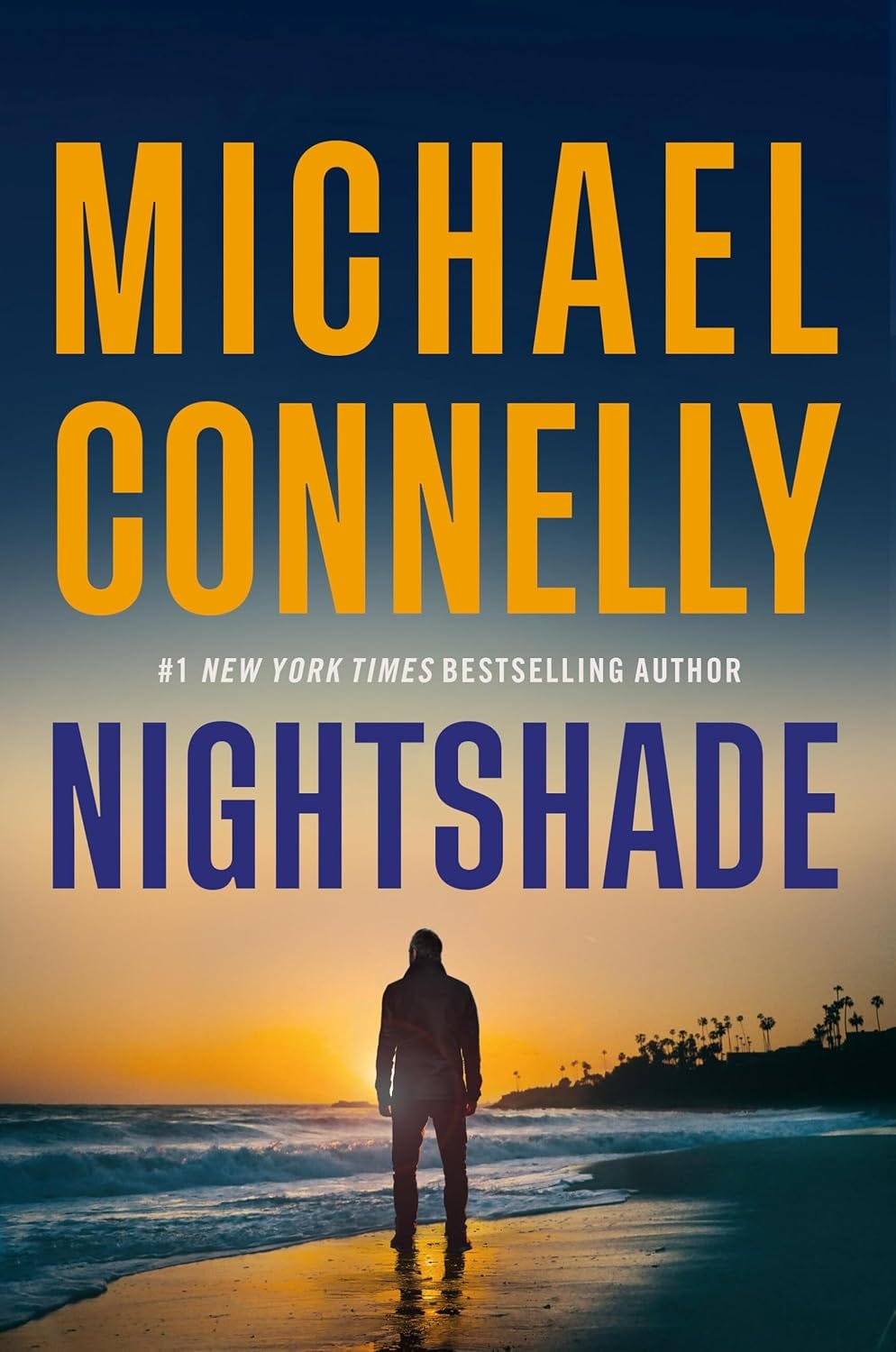


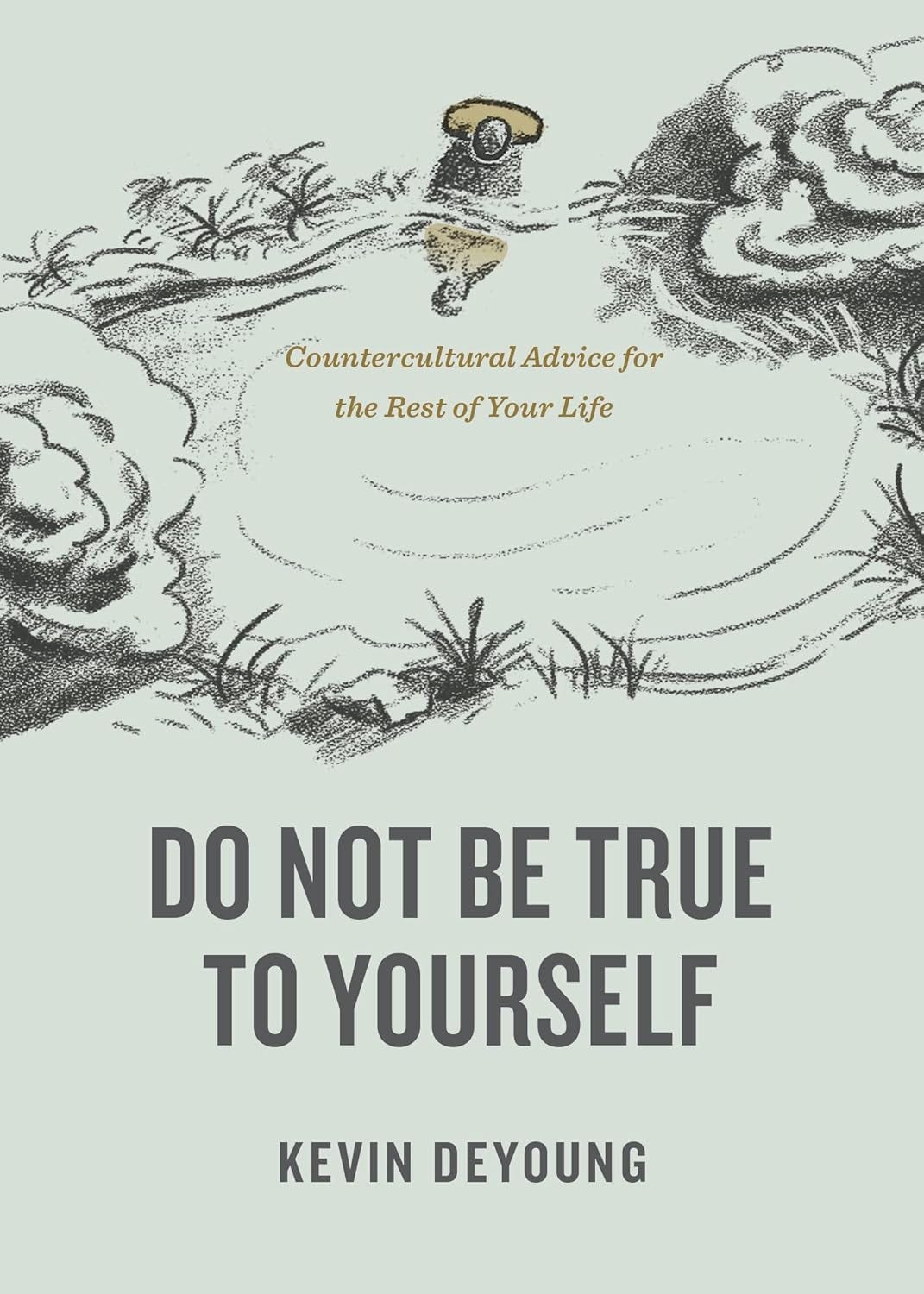
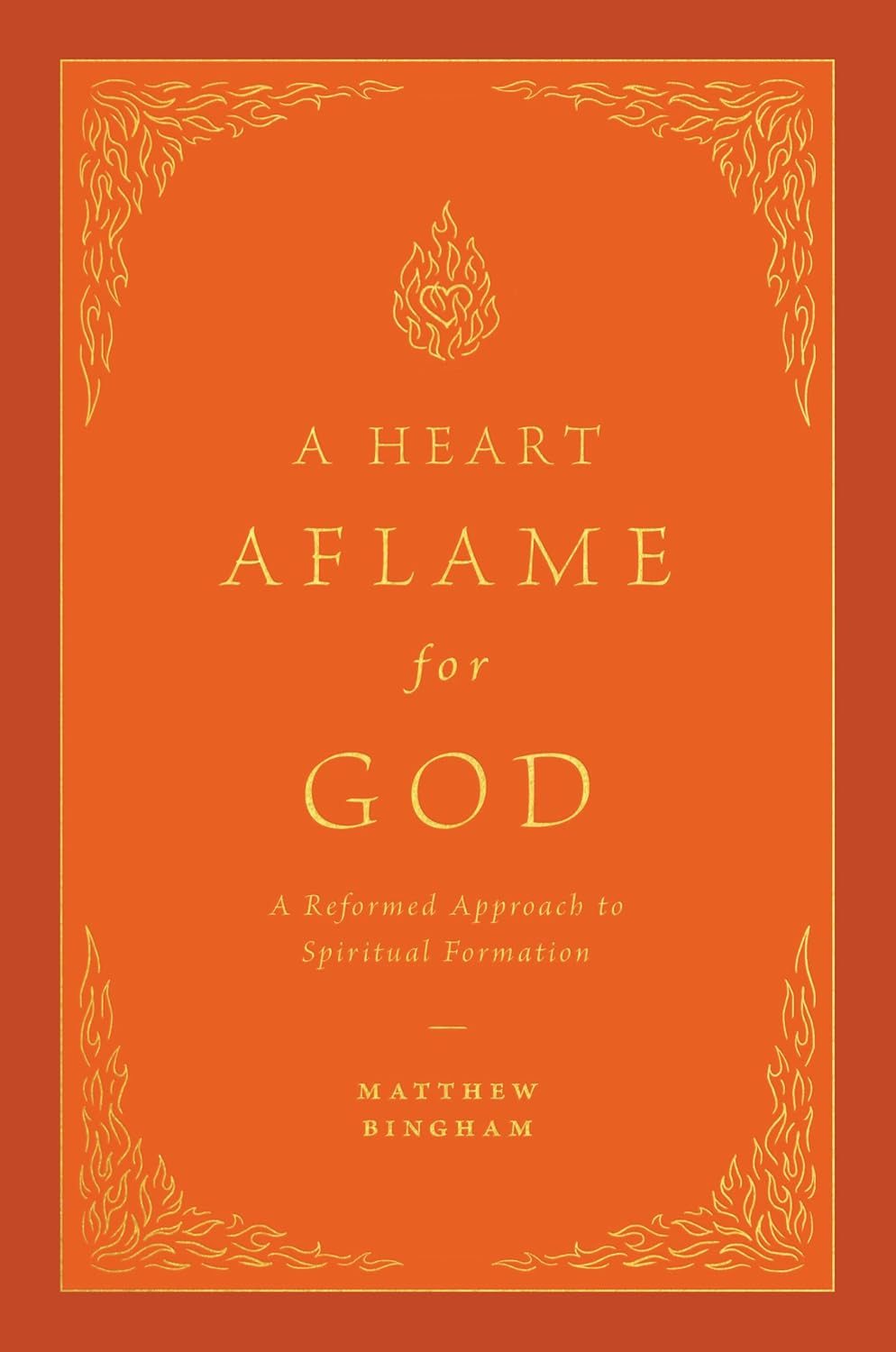
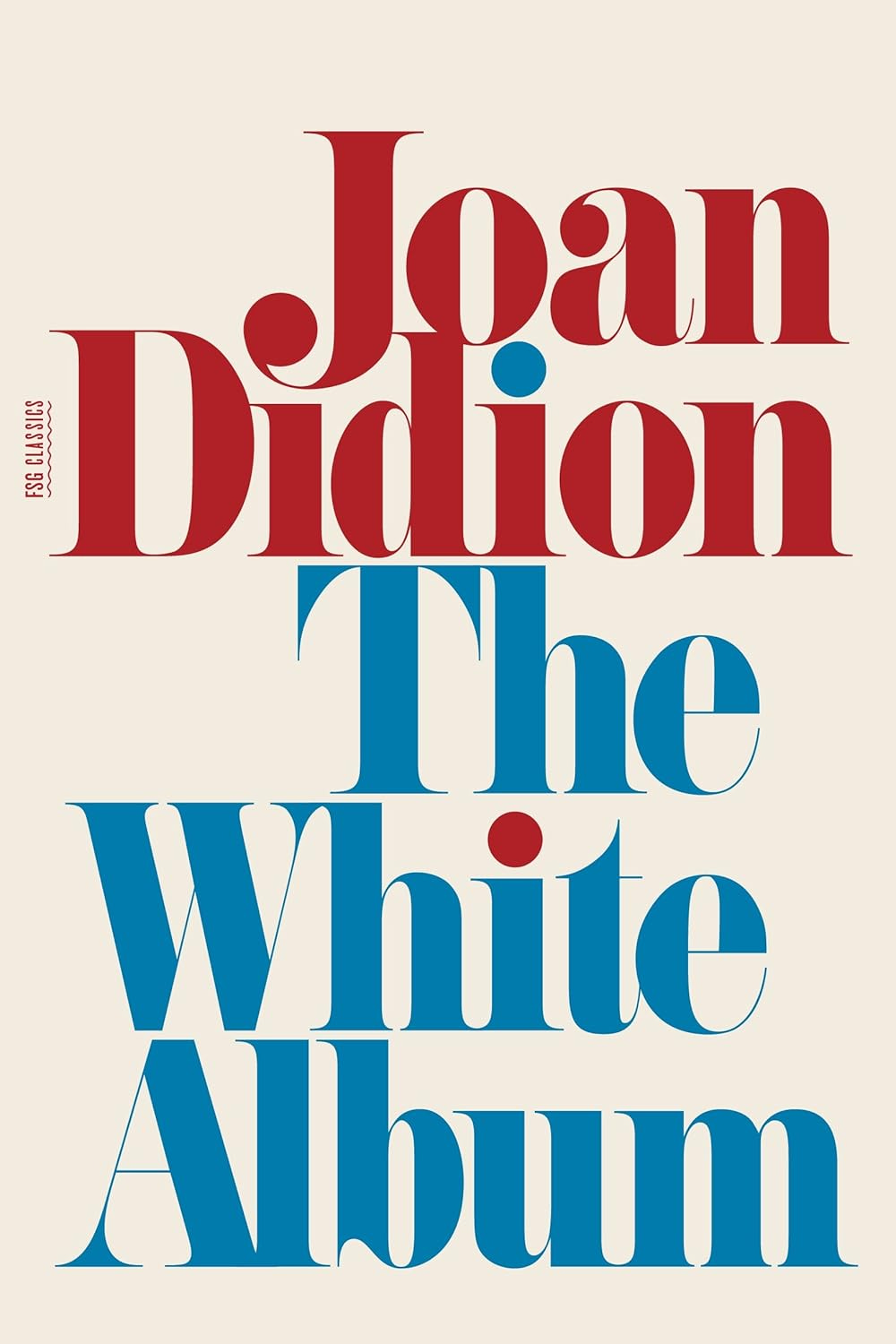
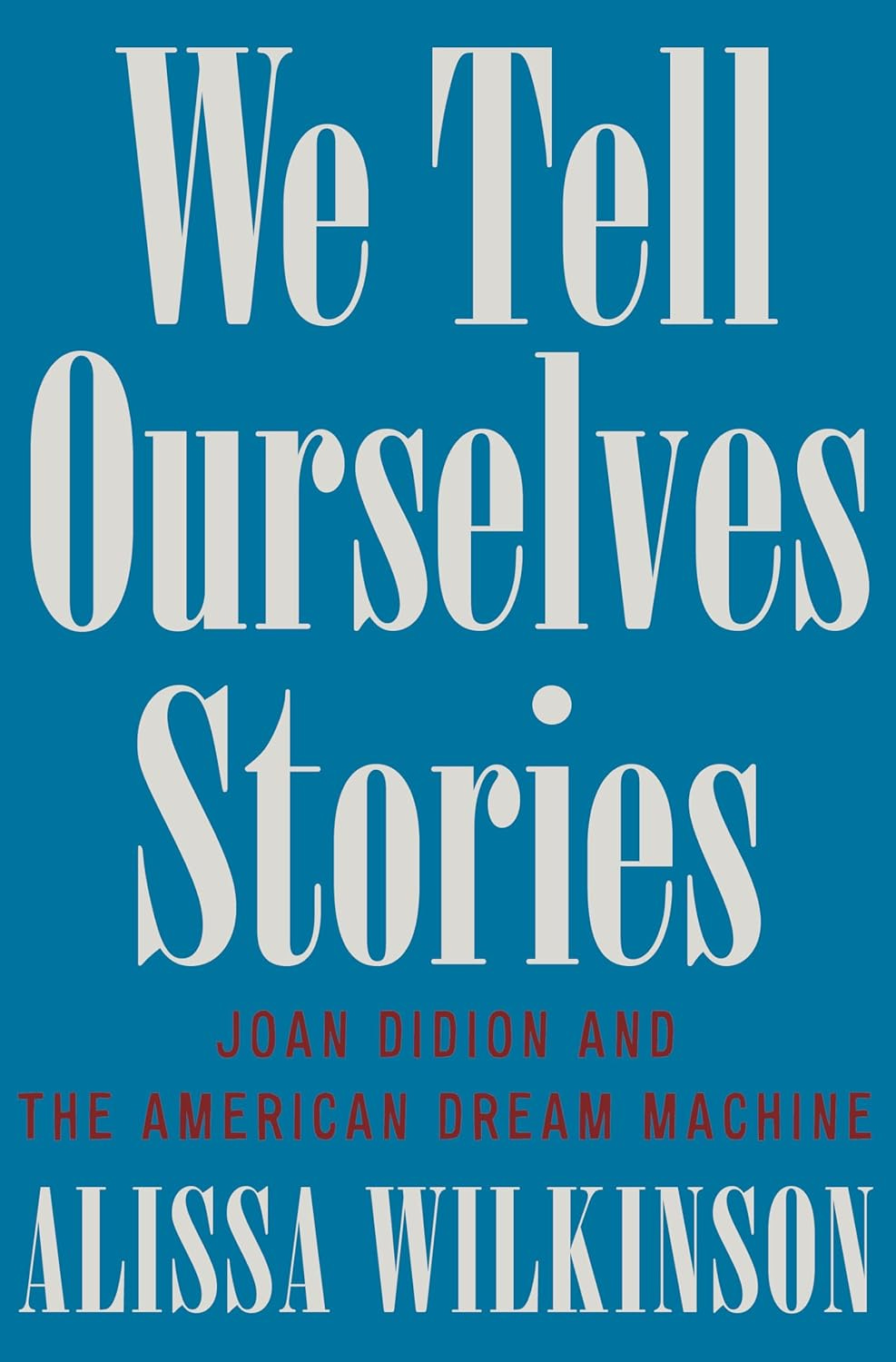
Recently, I read a Dickens and a Faulkner, too: A Christmas Carol and As I Lay Dying. In the former, I enjoyed the word play and clever turns of phrase. From the latter, I don't think I got everything out of it that I should have. I read the Styles book 2 years ago -- for a first novel, I thought it was great! I couldn't figure it out until the very end. I put the Heart Aflame on my alphabetical To-Read list (between Harry Harrison and Hemingway bio by Dearborn). What was the De Young book about? You gave us the intriguing title, but no clues as to the content.
Erebus by Michael Palin. A fascinating account of the British ships involved in Arctic and Antarctic Exploration, specifically the search for a Northwest Passage.